First Class Info About How To Deal With Adjustment Disorder

Some people suffering from adjustment disorders benefit from taking medications to help ease symptoms such as insomnia, depression and anxiety.
How to deal with adjustment disorder. Reaching out to a professional mental health specialist is an important step towards overcoming chronic adjustment disorder. If possible, reduce stressful situations, people, and events. Therapists trained in working with children and adolescents can be a big help in treating adjustment disorders.
Treatment of adjustment disorder does not typically call for the use of prescription medications, but in some cases, medication may be helpful in easing the depression or the. These may include behaviors such as withdrawing from. Physical activity can significantly reduce anxiety and stress, which are two very common emotions experienced by anyone suffering from adjustment disorders.
If you think you have an adjustment disorder (or may be prone to. Adjustment disorder is typically treated with therapy, medications, or a combination of both. If adjustment disorders do not resolve, they can eventually lead to more serious mental health problems such as anxiety disorders, depression or substance abuse.
Psychotherapy is the treatment of choice for adjustment disorder, but the type of psychotherapy varies depending on the stressor and specific symptoms. A child and adolescent psychiatrist or qualified. Therapy is the primary treatment for an adjustment disorder.
Cognitive behavioural therapy (cbt) is a common. Difference between adjustment disorder/situational depression and depression in general can someone help me to understand the difference please? There are no guaranteed ways to prevent an adjustment disorder, but upgrading your coping skills can help.
Play therapists specialize in helping kids overcome problems. Individual therapy, group therapy, or sometimes even family therapy, especially if it is a child living with the adjustment disorder, can be helpful for those living with the symptoms. Supporting someone with adjustment disorder.


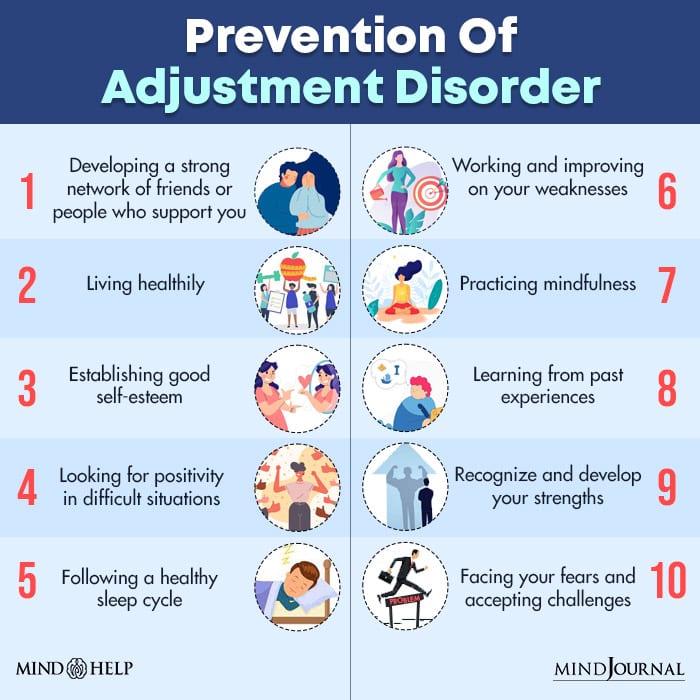

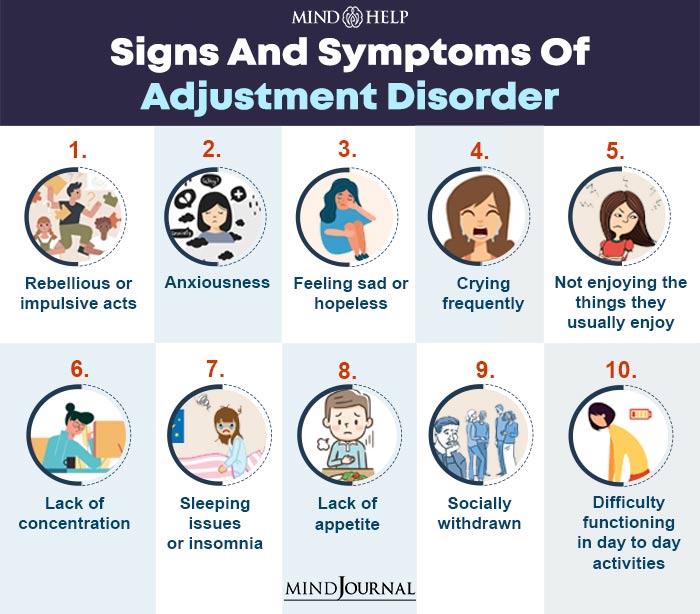


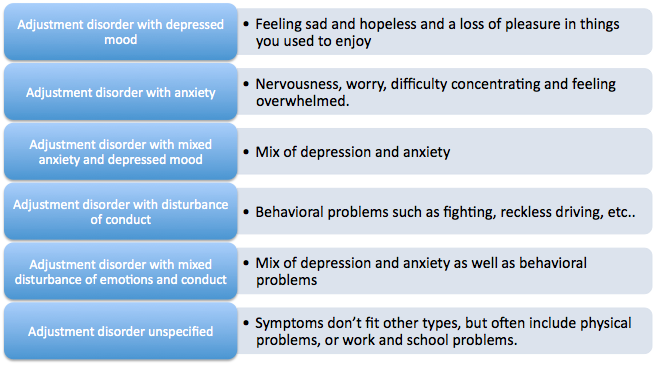
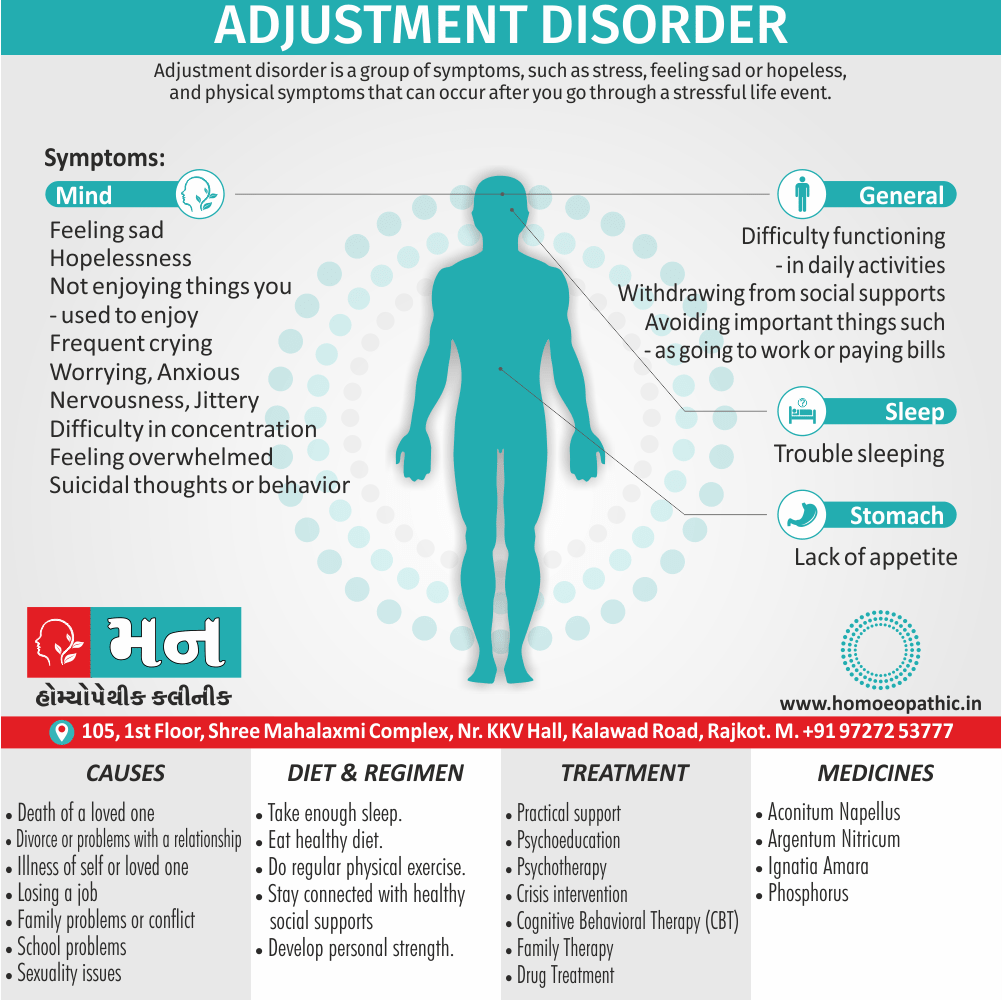
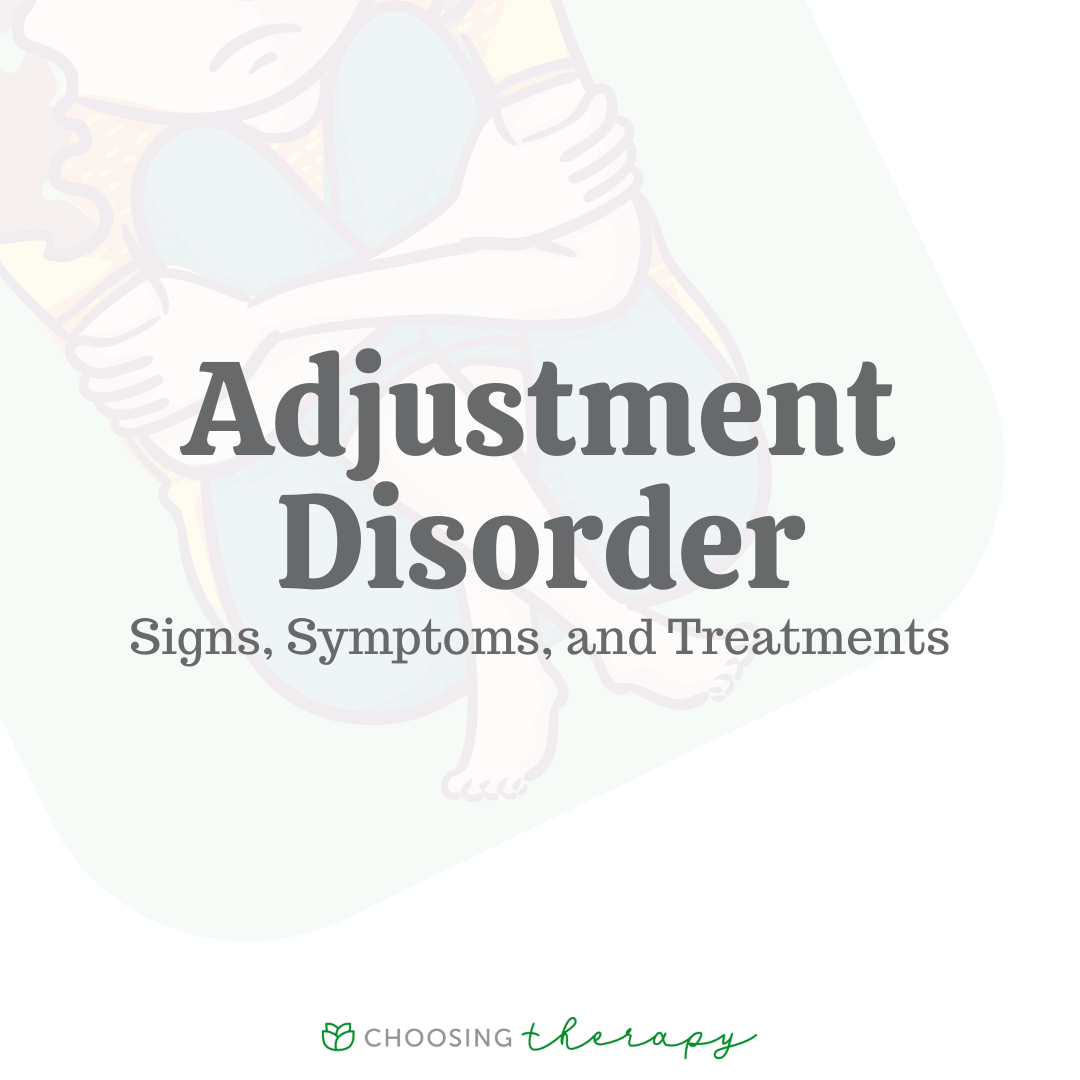




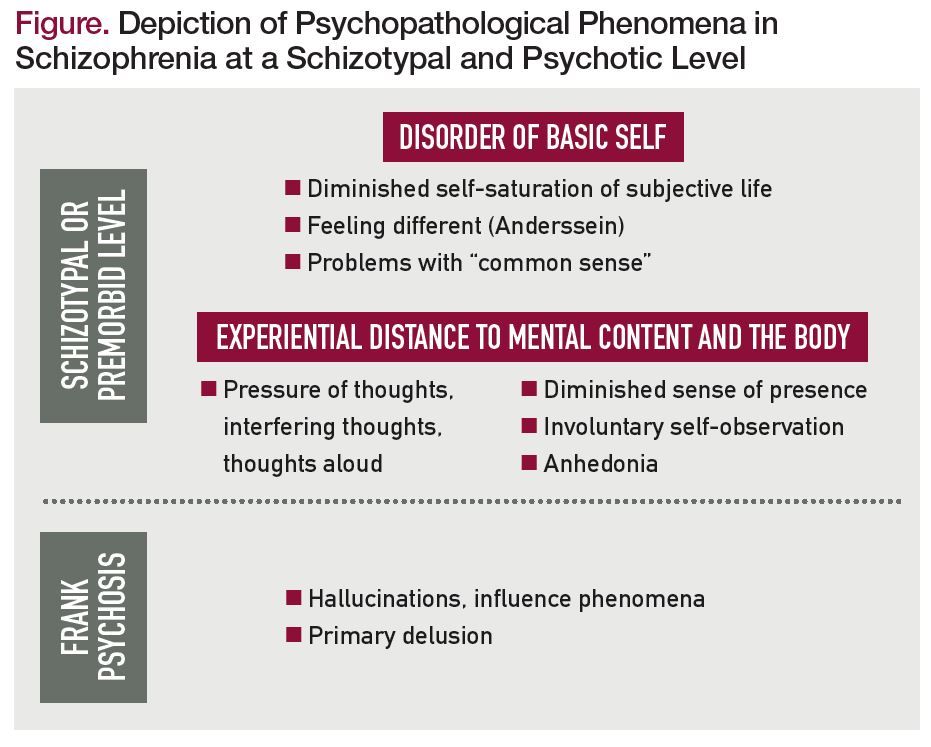
![Pdf] Adjustment Disorder: Current Developments And Future Directions | Semantic Scholar](https://d3i71xaburhd42.cloudfront.net/8f6b42d04d4ad97f1eef566ff1db9dfd333b2b6c/3-Table1-1.png)

